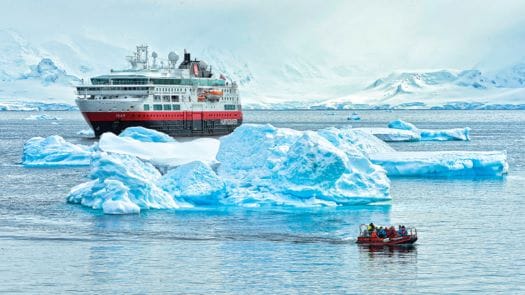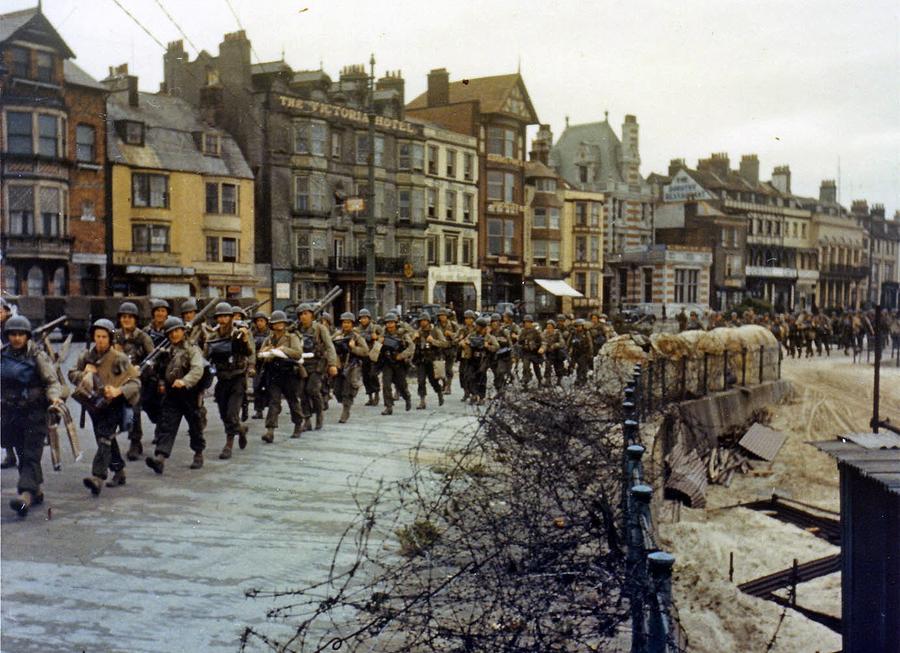A life – Part one
Diarist Frances Partridge wrote”… I have a passionate desire to describe what I’ve felt, thought or experienced, for its own sake – to express, communicate or both? And I can hardly bear not to pin down the fleeting moments.”
This year is when I turn eighty, the sort of birthday one can never imagine will happen to oneself, and I still have that: ‘passionate desire to describe what I’ve felt, thought or experienced, for its own sake – to express. communicate…’ and above all, to savour and revel in the joy of everything – love, food, family, friends, ideas, music, books, the sea and the wind, the birds and the flowers… infinite treasures and gifts.
My years seem to have been packed with incident and tragedy, drama and amazement, travel and wonder. I look back at the people I’ve known and loved, and also to the people, who to my puzzlement and sadness have hated me and sabotaged me, and I know that each one has given me gifts of love and insight, and in the case of my enemies, strength and tolerance… I can’t say that I ’love them that hate’ me in Jesus’s words, but I try to see the point of their presence in my life, and to let them go… forgiveness is not a word I use… I’d rather come to terms with the past and the sadness of knowing that others are hostile, and then release them from my life.
What I have learned from the hostility and jealousy of those people who do actually hate me – and they are family rather than strangers- is that their words reflect who they are, rather than telling me anything about myself.
One of the wonderful things about living the years that I have, is that Time has taught me so much about myself. In doing so, Time and opportunity have set me free to be the essence of who I really am, rather than the person who has been beset by the grief of bereavement, abandonment, divorce, poverty, pain and rejection. The insights that Time has allowed me to gather, have set me free from those profound and painful experiences to be joyful, fearless, and – I hope -loving…
And like Frances Partridge, I have this urge to write about the fleeting moments, even if no-one reads them… just writing the story of time past will be satisfying, fulfilling, and, I suspect, will give me fresh insights with which to live the rest of life, however long it may be. My intention is also to go forth on the next journey, singing and dancing, heading off joyfully into that other plane of existence which awaits us all.
Maybe writing my story will seem self-indulgent to some readers, but to those who stick around and find it interesting, I thank you in advance.
Most of us were touched by history in the 20th century, and many of our lives touched too. Sometimes, the connections are obvious, sometimes they remain hidden. And sometimes history, events or people have reached out from other centuries and other segments of time and beckoned for attention. The past is always with us – our own and the pasts of other people and other times. Consciousness of these peoples and these pasts enrich the experience of our present.
And, oh, the pleasure of acquaintance with personalities then and now, their quirks and foibles and wonderful, mystifying uniqueness. And there is too, the indefinable uniqueness of the places around the planet where human beings have settled and, in the taming of the place, evolved their own particular culture.
Skyscrapers and fast food chains may try to obliterate the personality of modern megalopolises, but rock and sand, climate and sea still exert their shaping influence. Rock and sea hem in the millions who cluster upon Hongkong, and mould their lives as they push and punch for space, while among the mountains and islands, volcanoes and lakes of New Zealand, people have obliterated forests and swamps and become a pastoral people.
For a while I lived on the rock that is Hongkong, and among the mountains, lakes and plains that are New Zealand; I shared the hardships of survivors in dis-membered Germany and battered Britain, grew up in Malayan jungles and attended school set among tea plantations in the highlands.
The story that I write is like the story of us all, in that it’s my interpretation of the past, my remembrance and re-living and reworking of the segments of time inherited from my forbears and family.
Begin at the beginning, commanded Alice, but, like most of us, my own stories only begin halfway though. Glints of sunlight and moments of beauty remain embedded in the dull, grey mass of unremembered early years. That pink dress with tiny tucks and frills, a blue balloon sailing away in the wind, the taste of a warm cherry pulled from a drooping branch, the honey scent of golden gorse flowers, these are my beginnings. But where did they lead and where am I still travelling?
Dorset in 1940 was a different world. It was my world. With no pylons or pollution, undefiled by progress, it still lay dreaming in that deep content described by Thomas Hardy. Once known as Summerlands, it seemed always to be summer in my two and three- year- old’s memory. Hardy’s description: ” The languid perfume of the summer fruits, the mists, the hay, the flowers, formed therein a vast pool of odour which at this hour seemed to make the animals, the very bees and butterflies drowsy…” was how it was for me.
The skies were clear and blue, and the bright sun blindingly gold. Dragonflies darting and dipping over the water seemed one moment emerald-green, the next, electric blue. Wisps of freshly- gathered hay lay in long horizontal strips high up on hawthorn hedges, where the heavily laden dray, hauled by a huge, patient cart horse had swayed and creaked down the narrow lane past our home in the dusk. The scent of honeysuckle and the taste of pink and yellow cherries warmed by the sun still transports me back to those times.
My twenty-three -year- old mother had fled the Blitz and was living in great discomfort in a tiny farm cottage. It had no electricity, which was not unusual then, and she walked regularly to the village shop to replenish the oil for the lamps she used at night. I dragged along holding the handle of the pushchair while my baby sister sat in it. We passed the grey stone manor, scene of Tess of the D’Urberville’s honeymoon, and plodded over the ancient Elizabethan bridge to a shop before the level crossing. The dark little shop had fly papers hanging in it with dying flies buzzing. Their misery appalled me.
Sometimes, I lay on my stomach and pushed my head between the struts of the small bridge nearby to watch the currents of the stream. Other times I stood on tiptoes high enough to peer over the lichen-encrusted stone of the big bridge over the river, and gazed into the shiny water flowing below, and at the sharp emerald- green of the long strands of water-weed forever rippling with the current. If I forgot time, I discovered that my mother seemed miles away with the push-chair, and ran in panic to catch up.
The only thing which shattered the silence of those quiet days, was the terrible tanks which ground ear-splittingly along the road from the nearby military camp. Once, as we crossed the grey bridge over the Frome, a column of tanks caught us halfway across. We sheltered in one of the mossy alcoves for pedestrians trapped in former ages by farm carts, horses and carriages. The caterpillar tracks, which seemed to smash into fragments the very air we breathed, were higher than my ears. Their noise felt like hearing the sound of hell. No-one told me this was the sound of war
At two I had few words, but I understood what the adults were saying, and they often puzzled me. The biggest puzzle of all was when they gathered in a little knot of excitement, and looked up to those clear, blue skies, saying: ” There’s another dog-fight”. Hard though I squinted up into the cloudless blue sky, I could see no dogs, only tiny white crosses, and white puffs following the crosses, diving across the sky. Now I know this was the Battle of Britain.
There was a framed photograph of me on the kitchen wall. Thick dark hair cut straight across my forehead, dark eyes, my neck and shoulders fading away. I looked at it often, wondering when my arms and the rest of me grew. And there were other memories too, like snapshots in colour, with no knowledge of what happened before or after.
Pulling on my Wellingtons and staggering outside, very proud to have managed it un- aided, and the pain at the burst of laughter when the adults saw the boots were on the wrong feet. The grass snake in the puddle. Putting my arms round a huge, hairy, grey and white dog called Mollie. The perfect happiness of the day I was big enough to fit the blue, pink and yellow flowered sun-suit, when the big children from the farm let me join them, and we ran up a hill where sunshine streamed between the trunks of pine trees in golden columns of light.
These older girls taught me their country games, dances and songs, some harking back to the eighteenth century: ‘Poor Jennie is a-weeping on a fine summer’s day’, a haunting tune that has stayed with me all my life, and: ‘I sent a letter to my love and on the way, I dropped it. One of you has picked it up and put it in your pocket…’
These are some of the fleeting moments that reach back to that past more than seventy- seven years ago … ‘Time, like an ever-rolling stream, Bears all its sons away, They fly forgotten, as a dream Dies at the opening day.’
To be continued
Food for threadbare gourmets
After all that rich Christmas food we needed something to re-set our digestive juices ! I craved curry, wanted something quick and easy, and also wanted to use up scraps. I only had half an onion, plenty of mushrooms, the green top of a leek, and tomatoes. Giving the chopped onion a quick zap in the microwave, I added it to the frying pan with olive oil, sliced mushrooms, the leek chopped very finely, and a couple of chopped tomatoes.
When they were soft, feeling lazy, I stirred in a generous teaspoon of prepared garlic from a jar, a teasp of ginger from a jar, a good sprinkling of ground cumin, coriander and even more of turmeric to taste, plus a teasp of mild curry powder for good measure. When the spices had cooked for a few minutes in the oil, I added water, and let the mix boil … after tasting, I added a generous dollop – a heaped tablespoon – of ginger marmalade to take the sharpness off the curry and a good squirt of tomato paste from a tube. After letting all this gently simmer, I added some cream before serving, but another time would try yogurt.
We ate it with dahl – lentils – and a hard- boiled egg each. I couldn’t be bothered to cook rice as well, but the lentils soaked the curry up instead. This quick simple economical vegetarian curry was even better when it had mellowed the next day, when we had it again…
Food for thought
The dedicated life is the life worth living. You must give with your whole heart.
Annie Dillard – American writer and mystic






